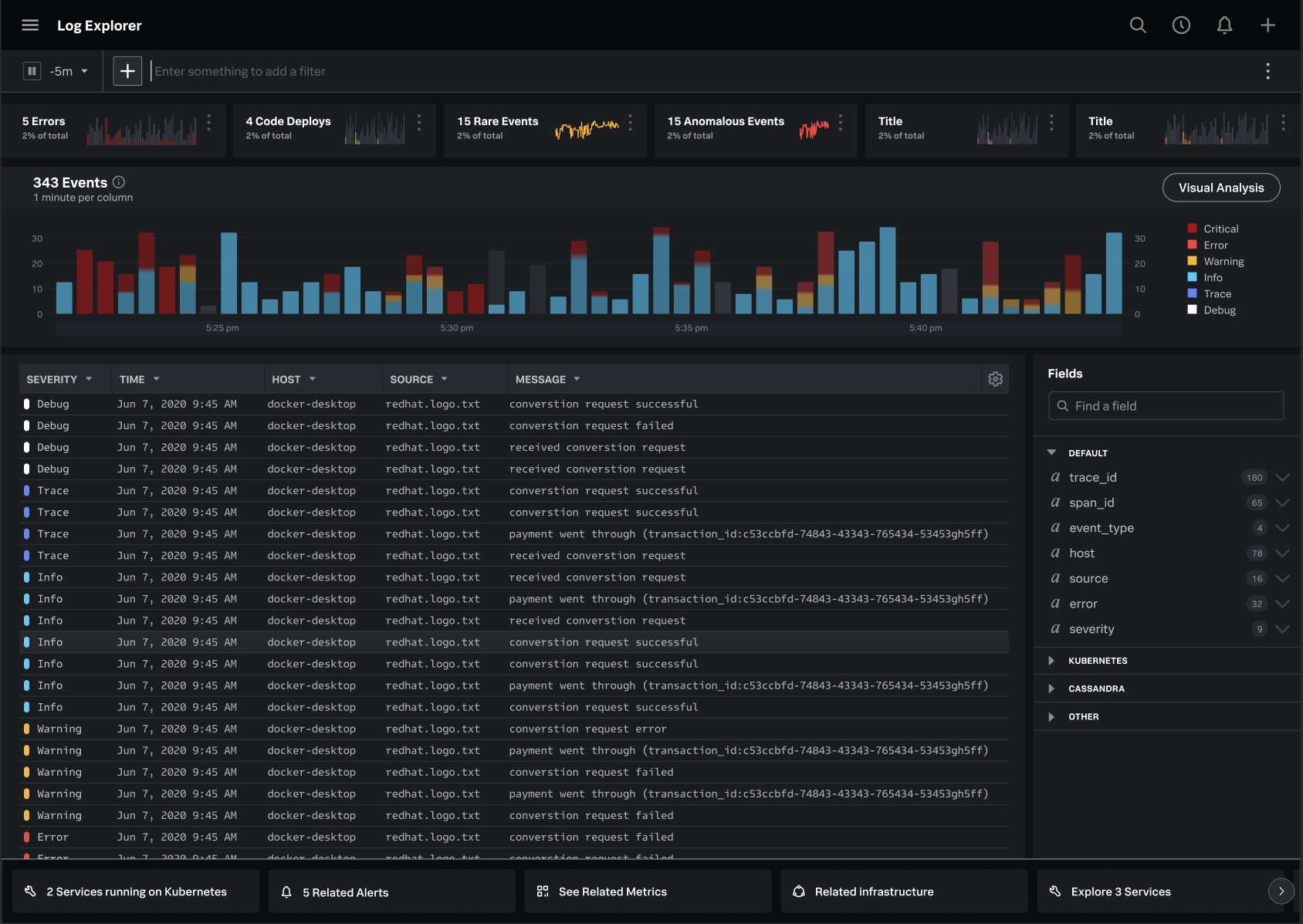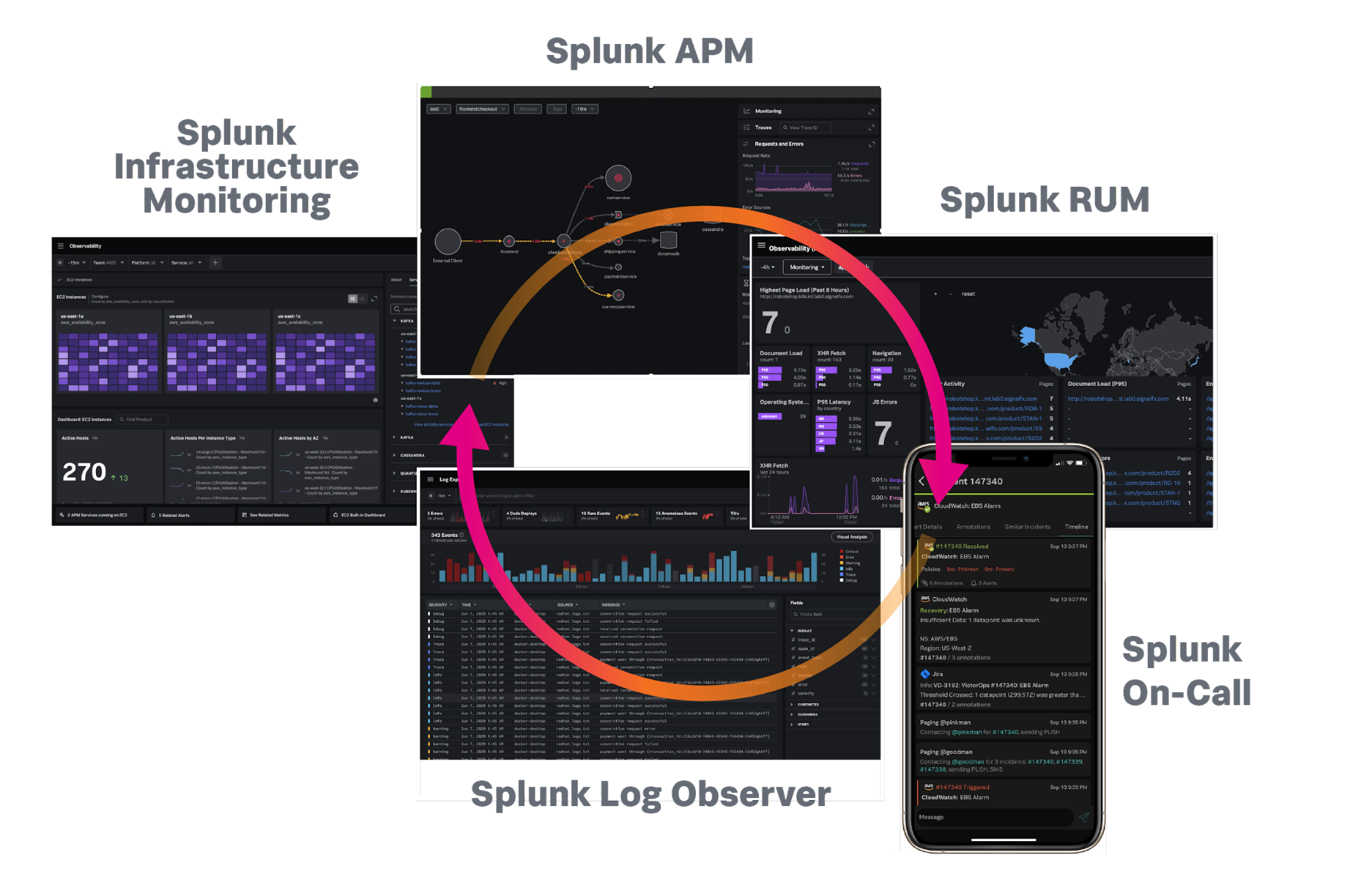Data platform Splunk today announced that it has acquired two startups, Plumbr and Rigor, to build out its new Observability Suite, which is also launching today. Plumbr is an application performance monitoring service, while Rigor focuses on digital experience monitoring, using synthetic monitoring and optimization tools to help businesses optimize their end-user experiences. Both of these acquisitions complement the technology and expertise Splunk acquired when it bought SignalFx for over $1 billion last year.
Splunk did not disclose the price of these acquisitions, but Estonia-based Plumbr had raised about $1.8 million, while Atlanta-based Rigor raised a debt round earlier this year.
When Splunk acquired SignalFx, it said it did so in order to become a leader in observability and APM. As Splunk CTO Tim Tully told me, the idea here now is to accelerate this process.
“Because a lot of our users and our customers are moving to the cloud really, really quickly, the way that they monitor [their] applications changed because they’ve gone to serverless and microservices a ton,” he said. “So we entered that space with those acquisitions, we quickly folded them together with these next two acquisitions. What Plumbr and Rigor do is really fill out more of the portfolio.”
He noted that Splunk was especially interested in Plumbr’s bytecode implementation and its real-user monitoring capabilities, and Rigor’s synthetics capabilities around digital experience monitoring (DEM). “By filling in those two pieces of the portfolio, it gives us a really amazing set of solutions because DEM was the missing piece for our APM strategy,” Tully explained.
With the launch of its Observability Suite, Splunk is now pulling together a lot of these capabilities into a single product — which also features a new design that makes it stand apart from the rest of Splunk’s tools. It combines logs, metrics, traces, digital experience, user monitoring, synthetics and more.
“At Yelp, our engineers are responsible for hundreds of different microservices, all aimed at helping people find and connect with great local businesses,” said Chris Gordon, Technical Lead at Yelp, where his team has been testing the new suite. “Our Production Observability team collaborates with Engineering to improve visibility into the performance of key services and infrastructure. Splunk gives us the tools to empower engineers to monitor their own services as they rapidly ship code, while also providing the observability team centralized control and visibility over usage to ensure we’re using our monitoring resources as efficiently as possible.”

 from TechCrunch https://ift.tt/34fHFr7
from TechCrunch https://ift.tt/34fHFr7via IFTTT


Comments
Post a Comment